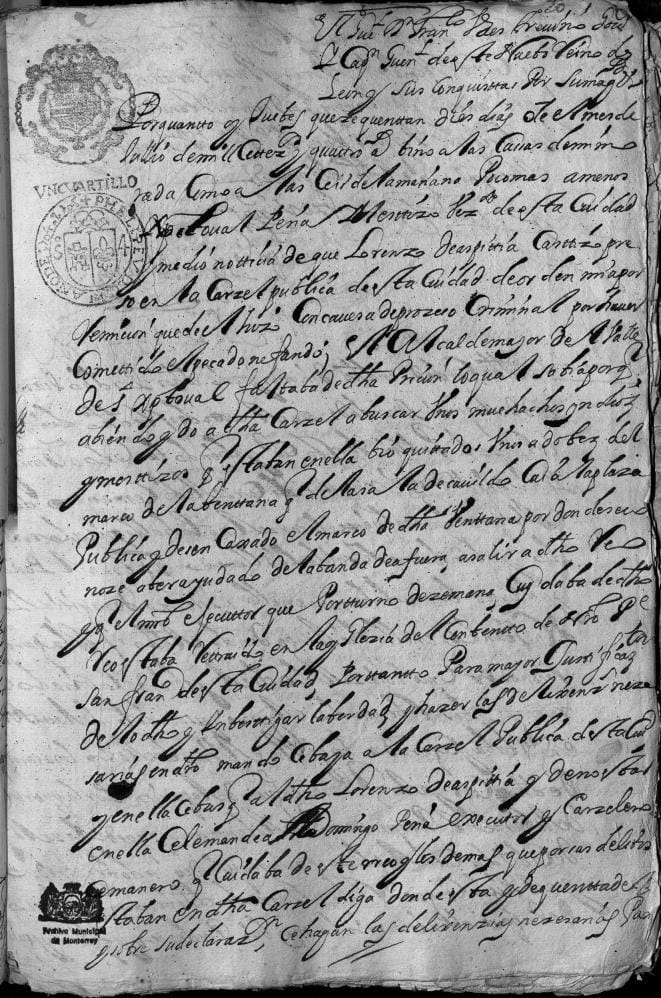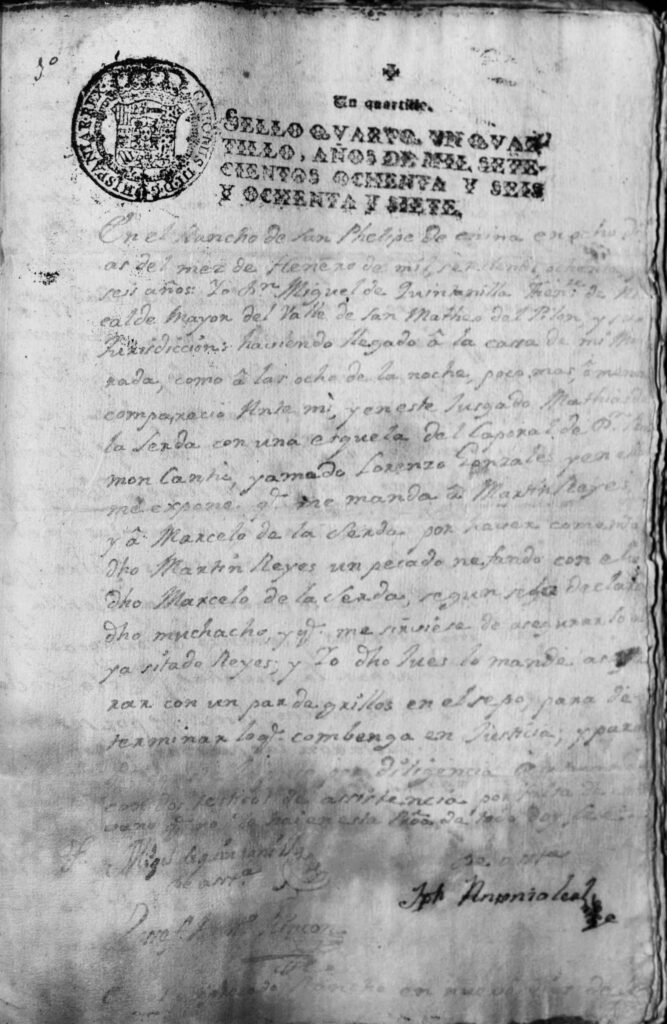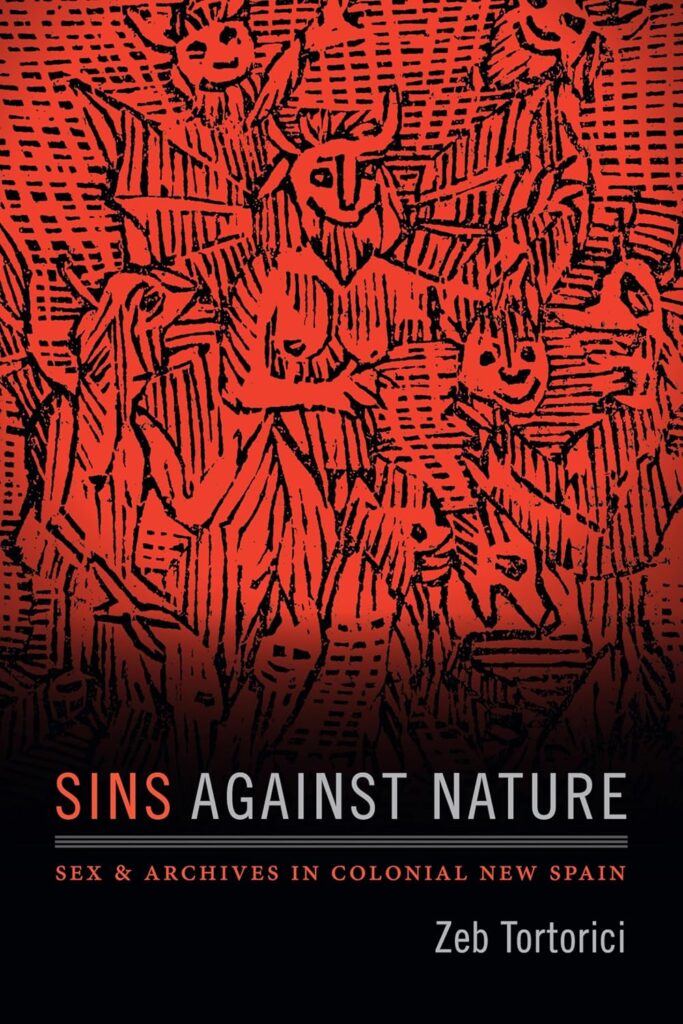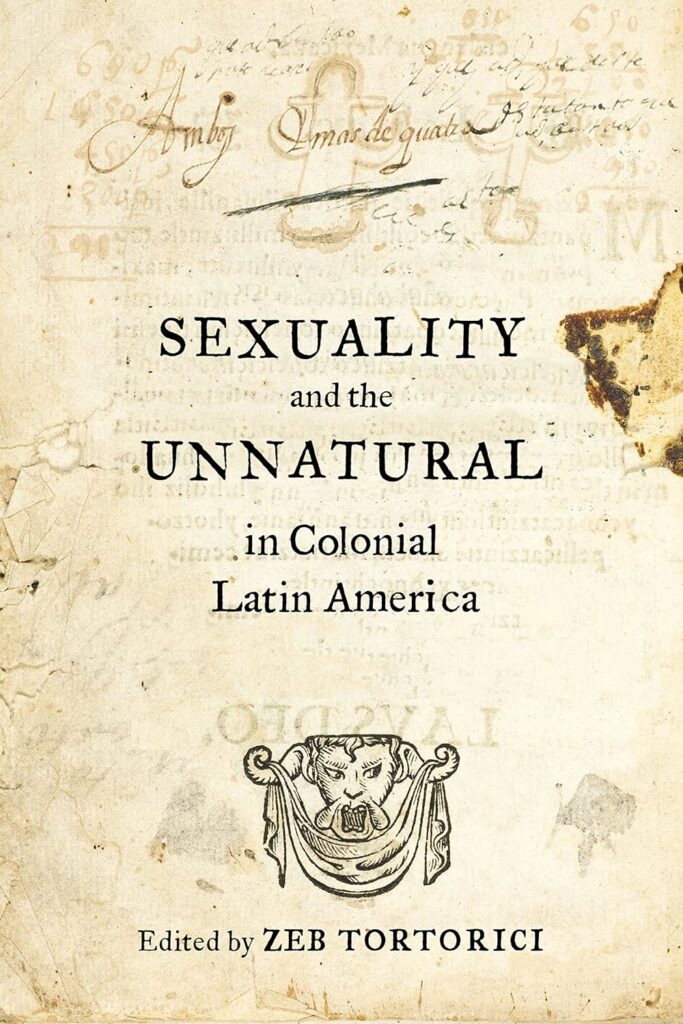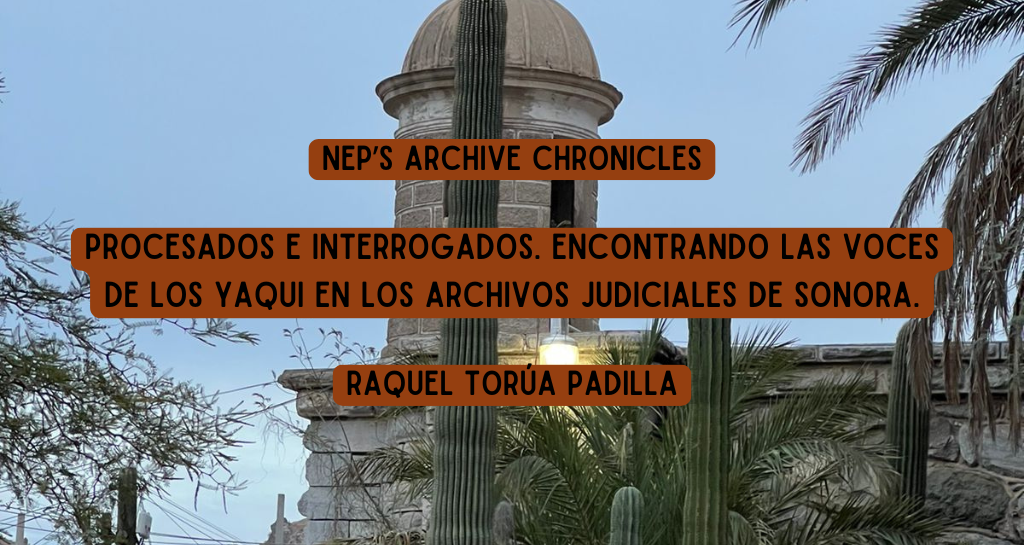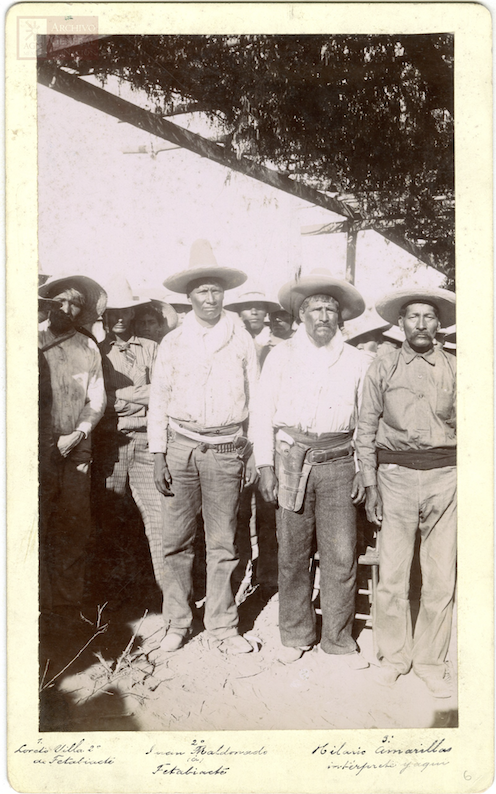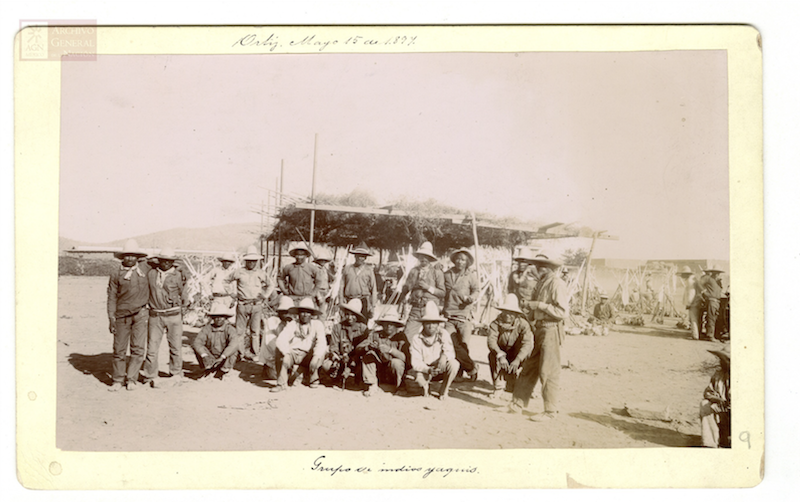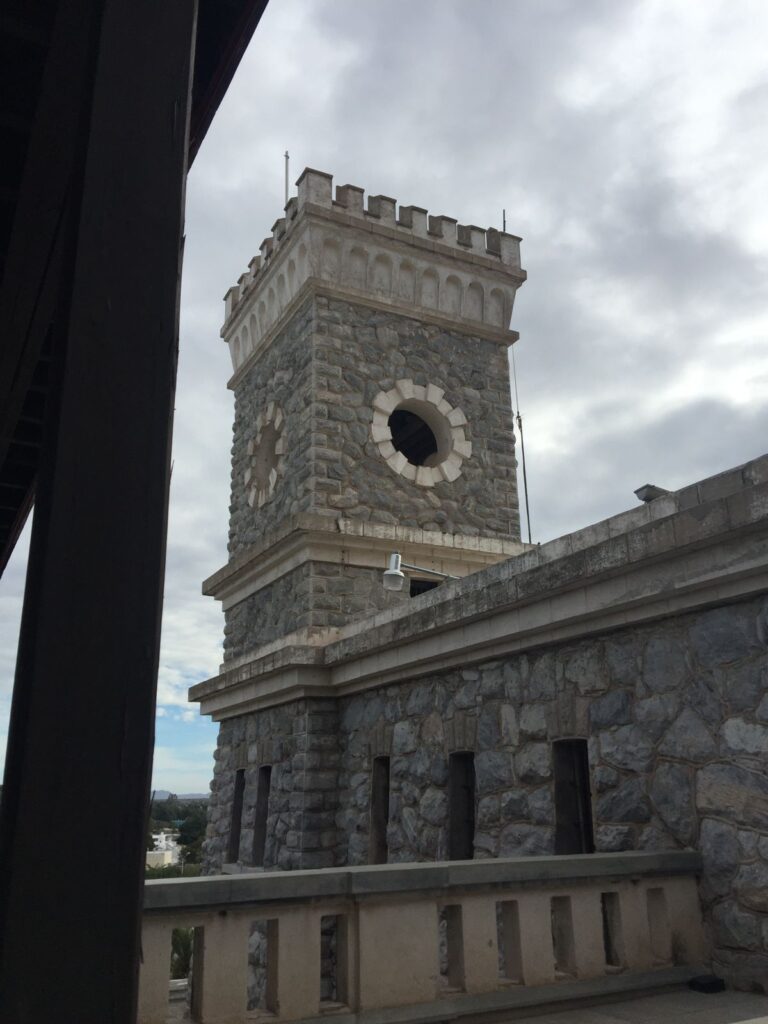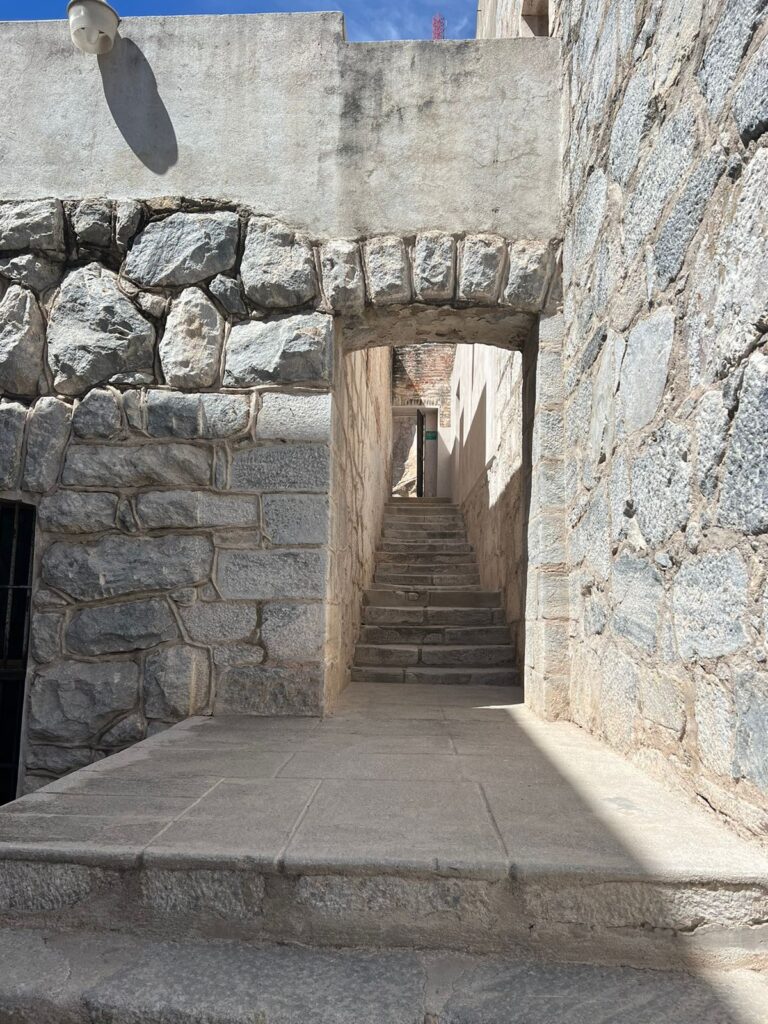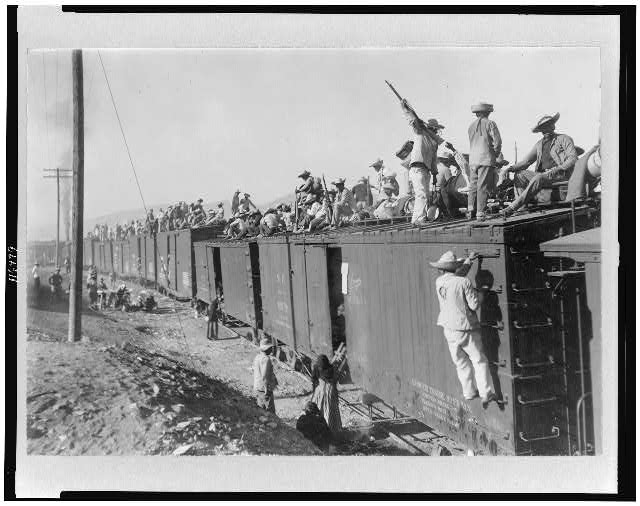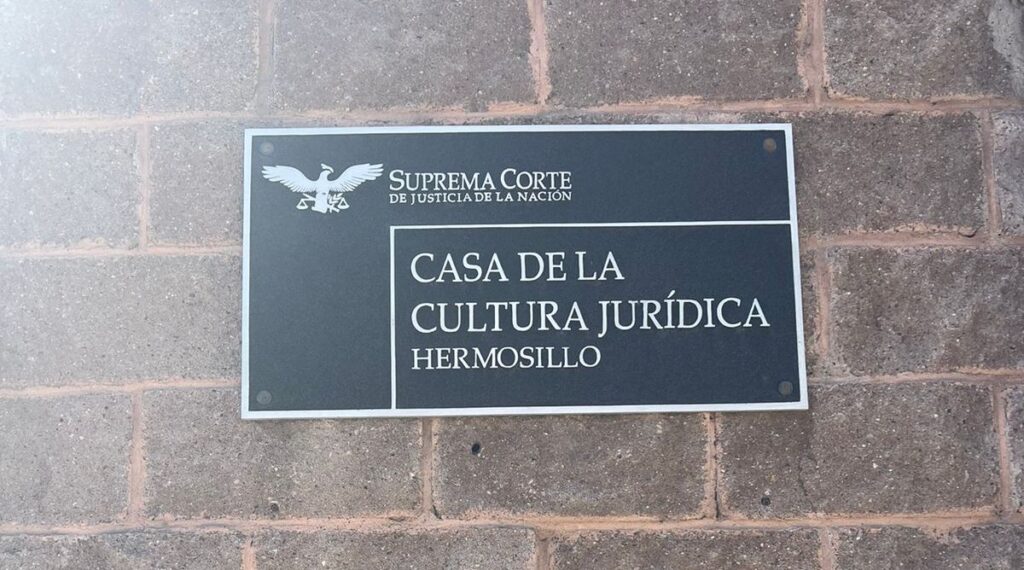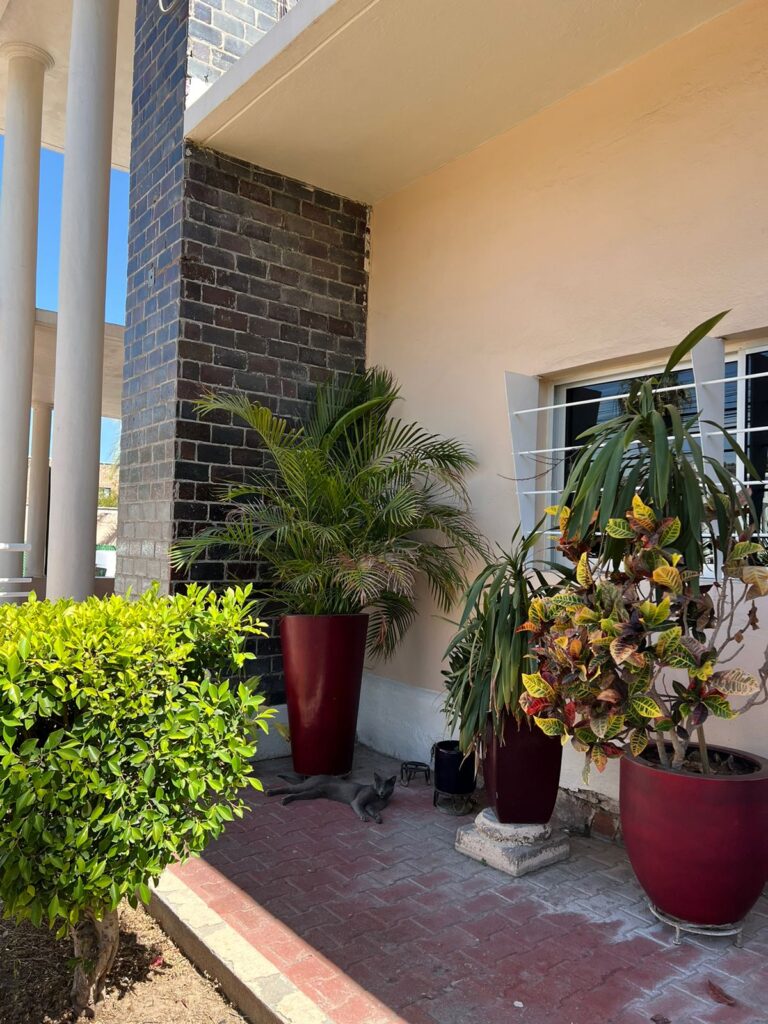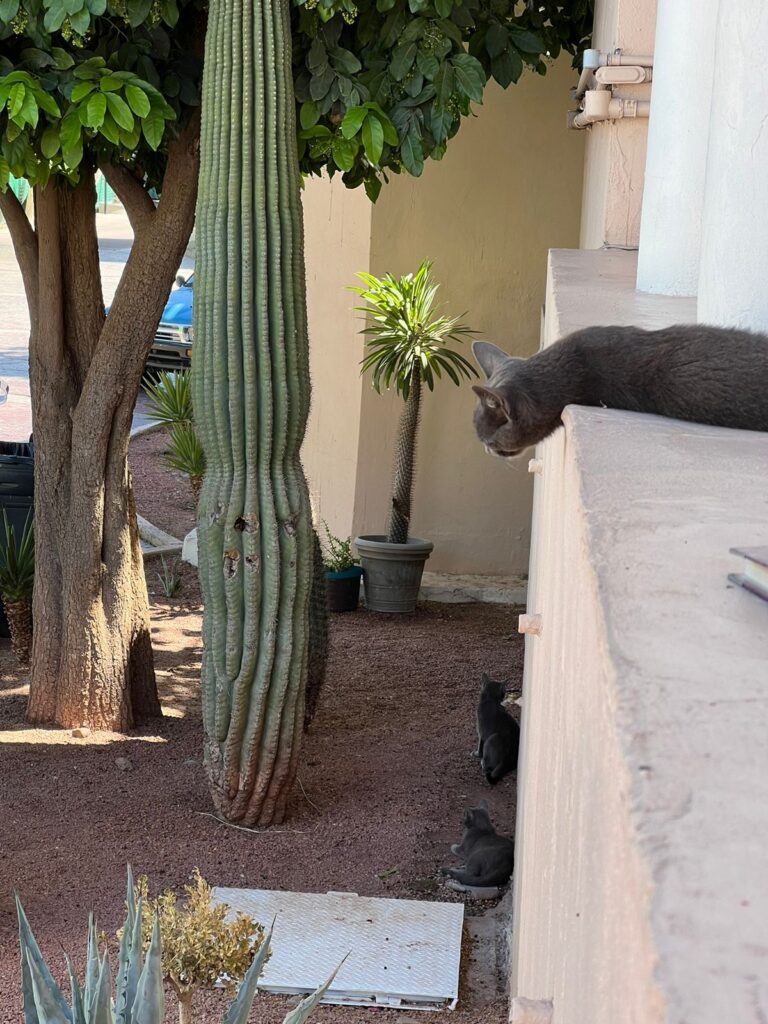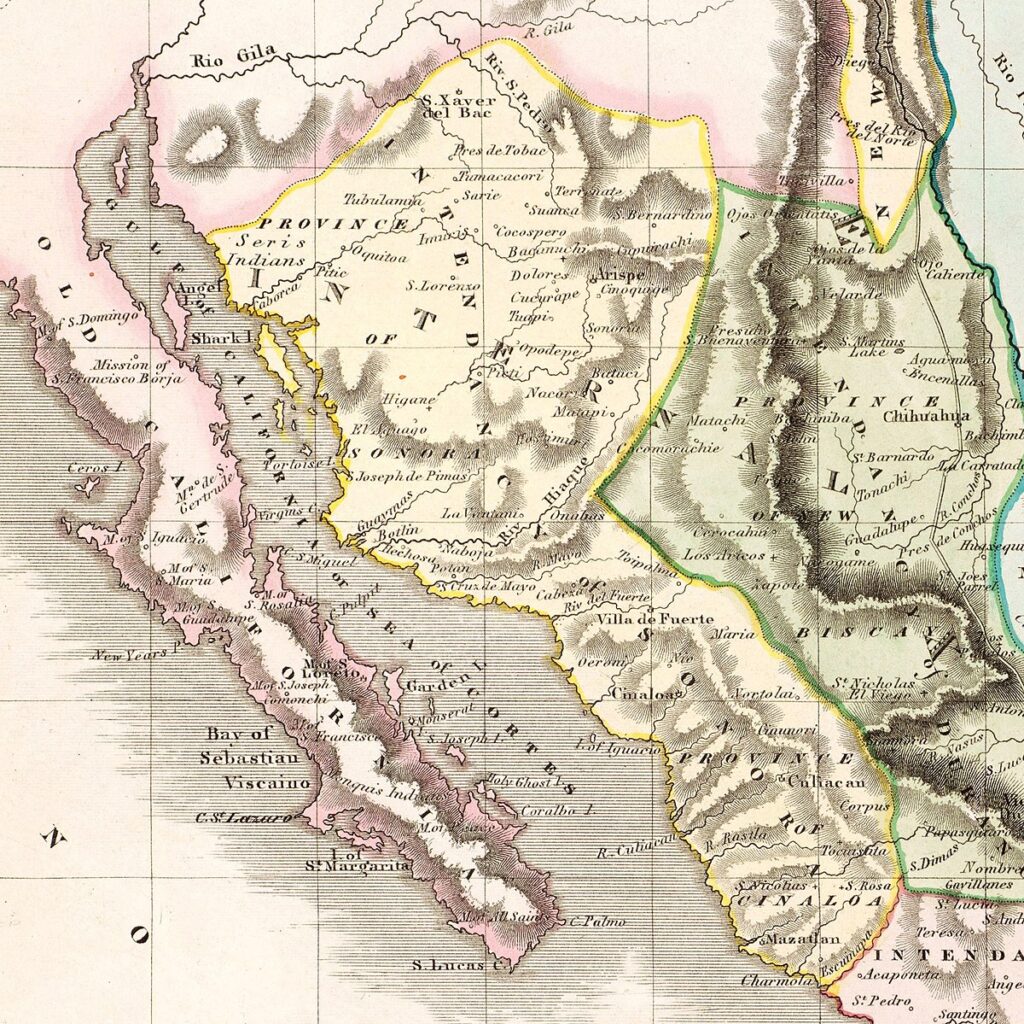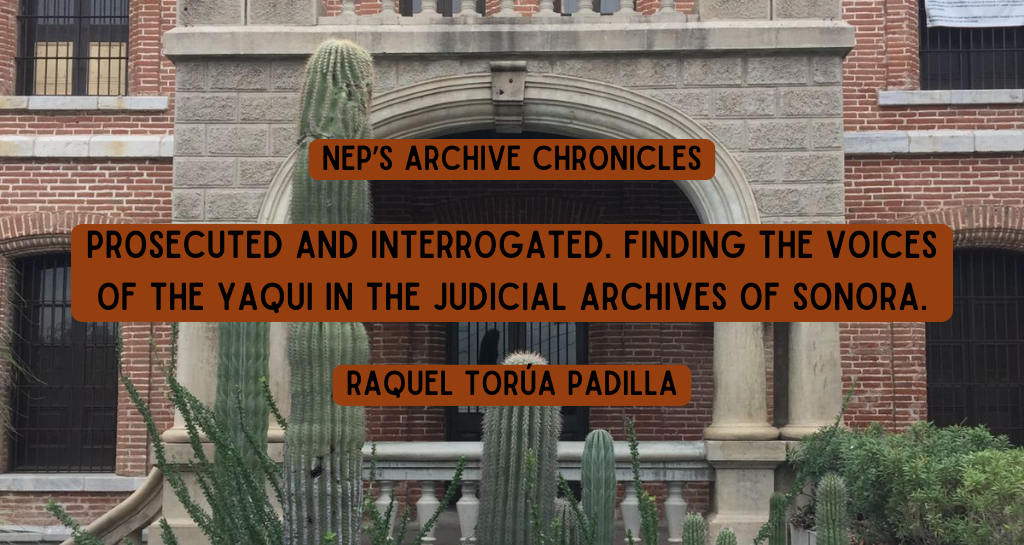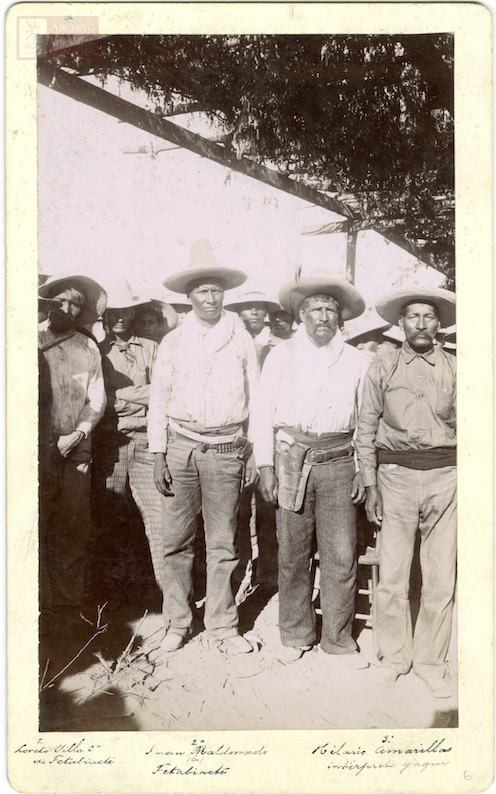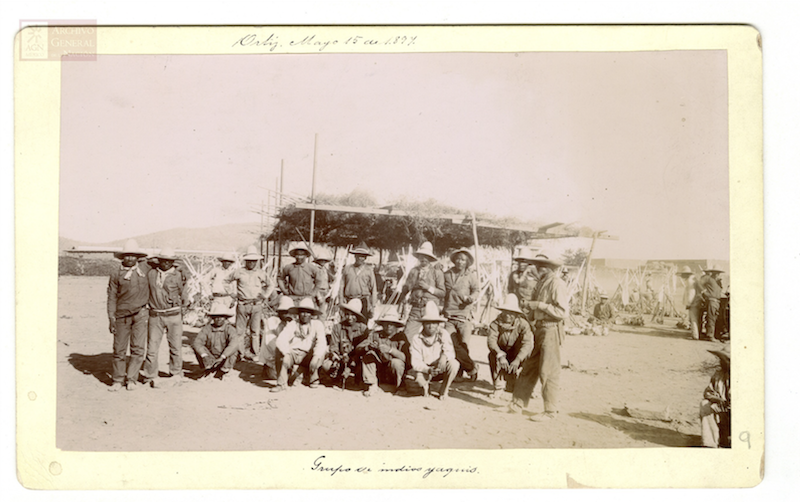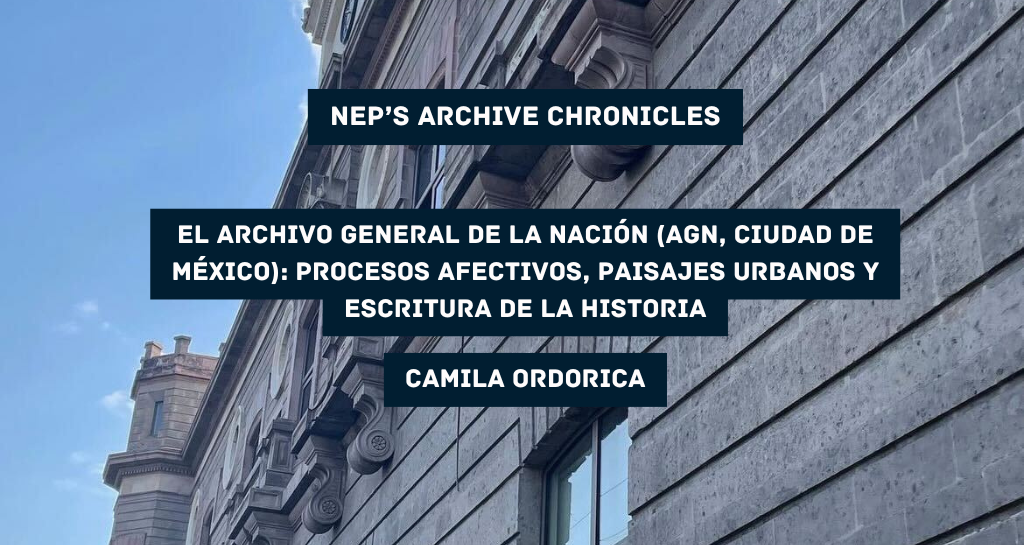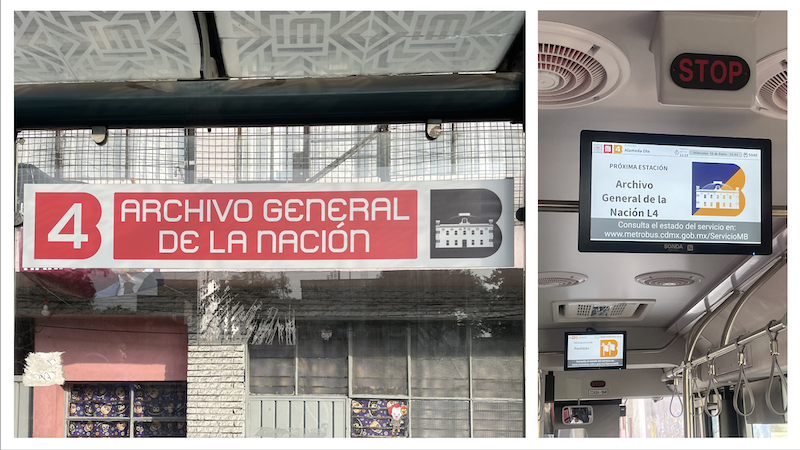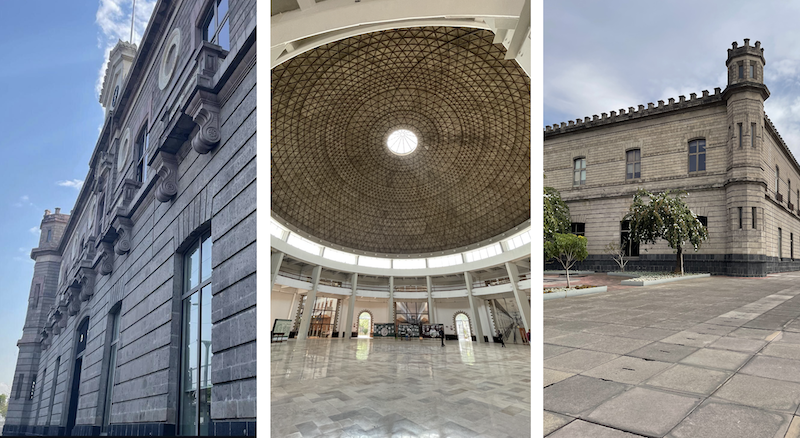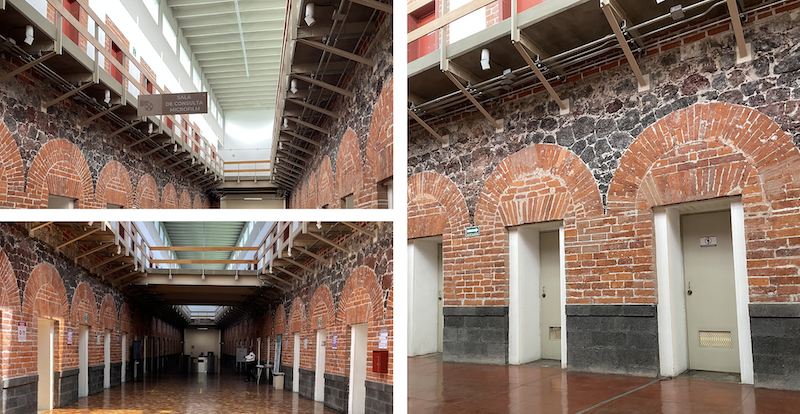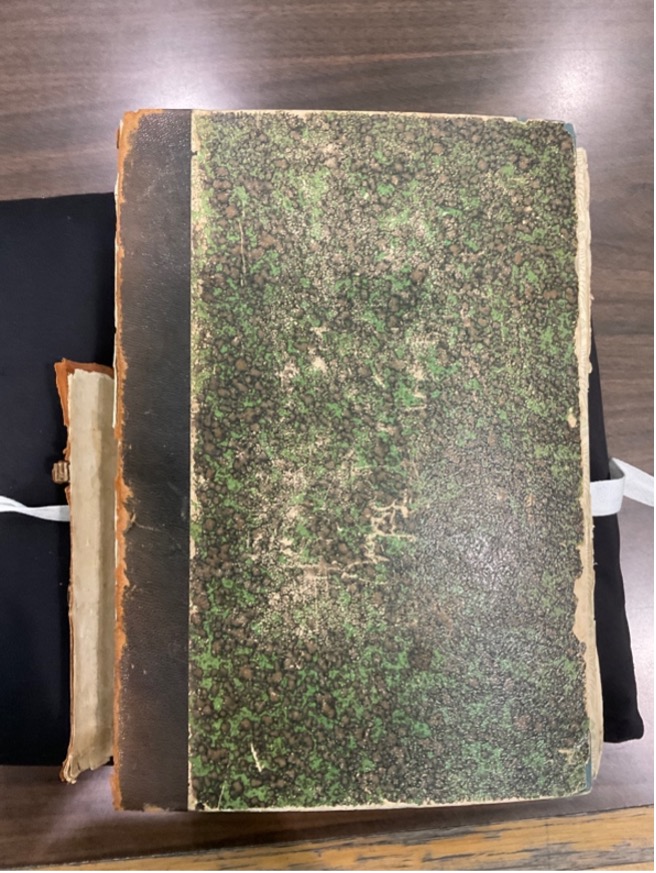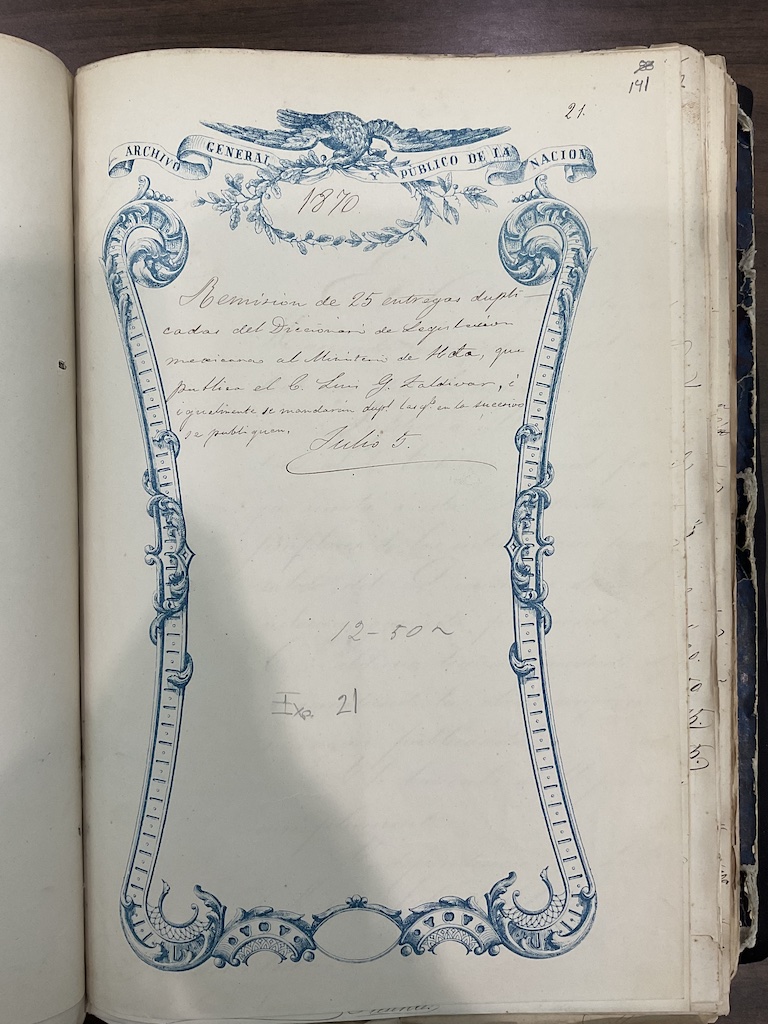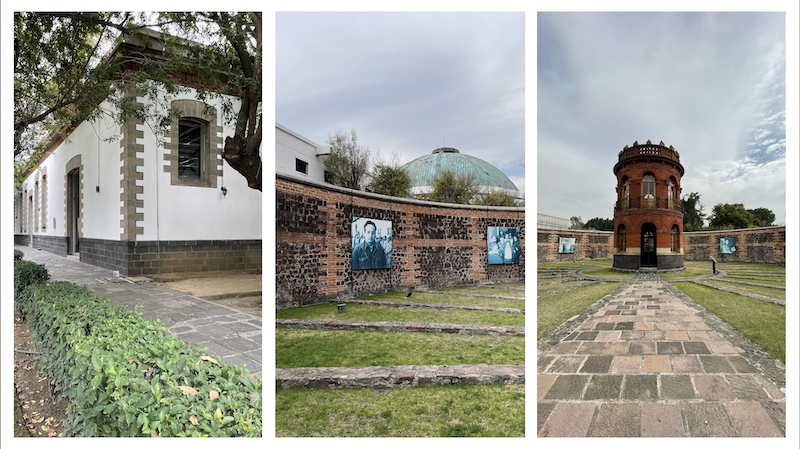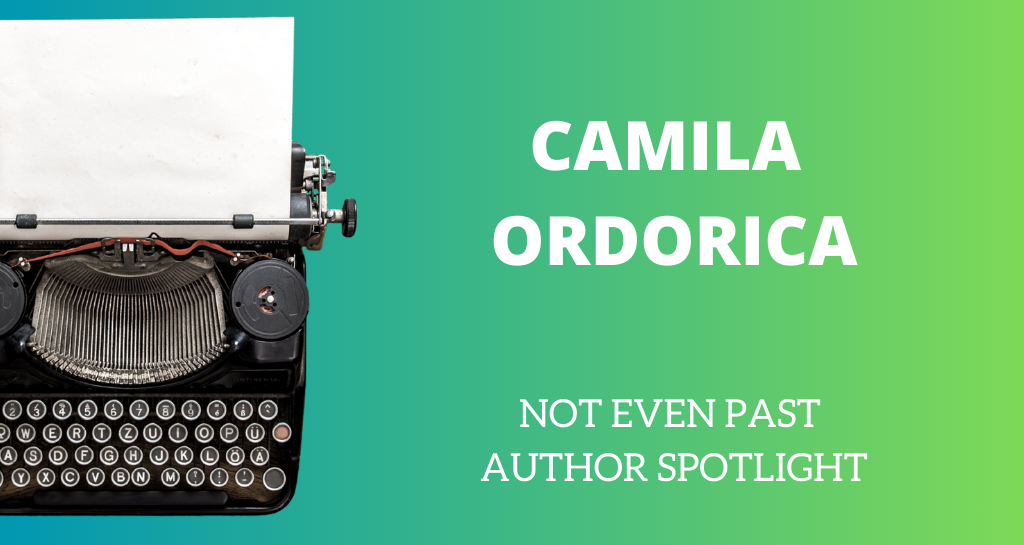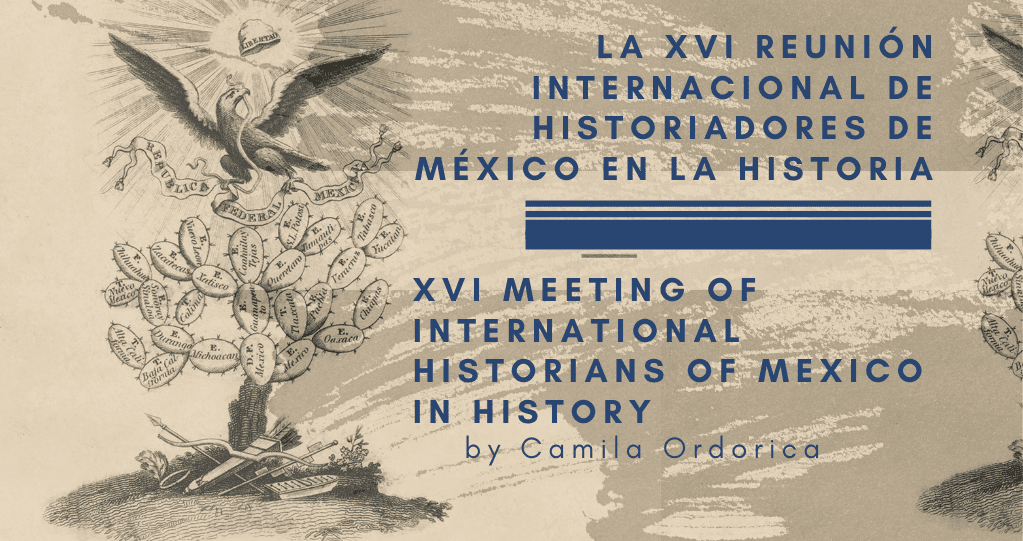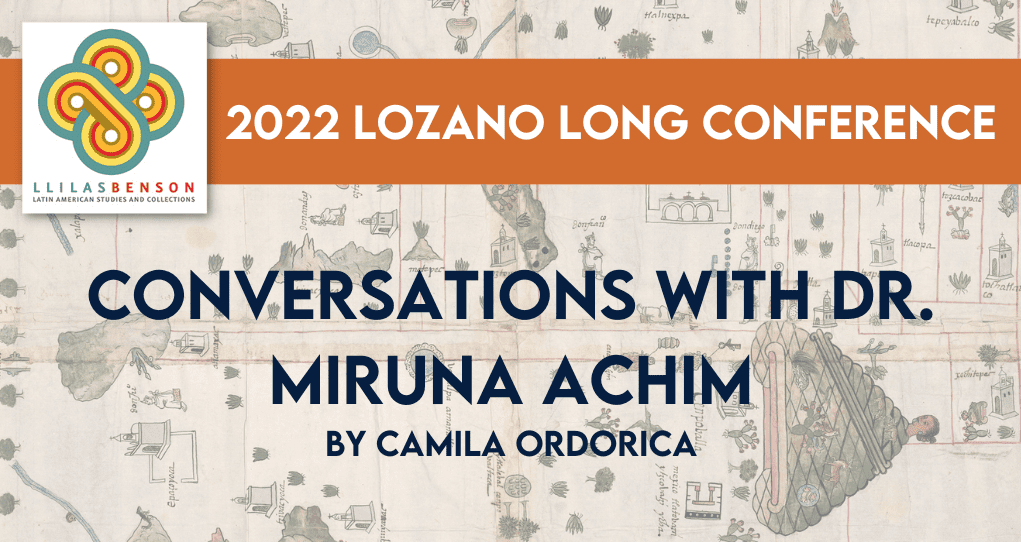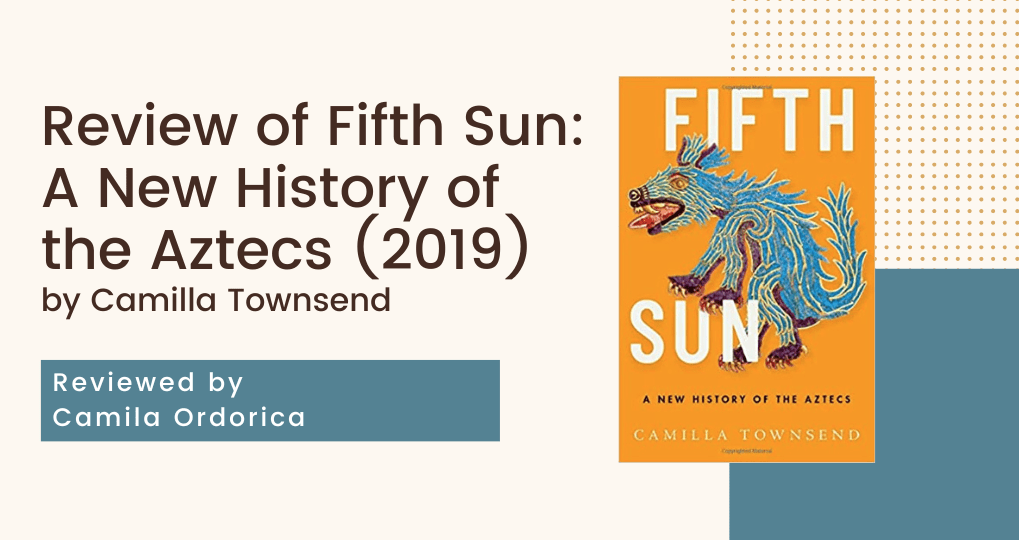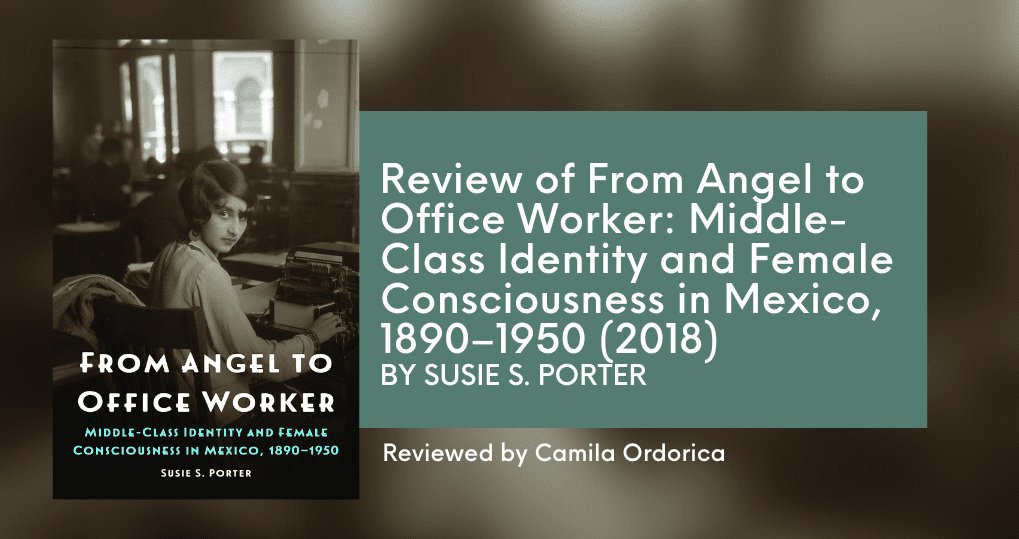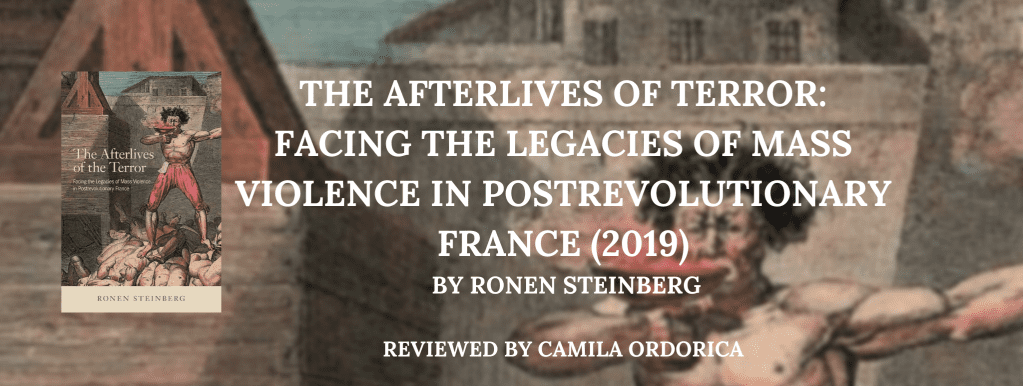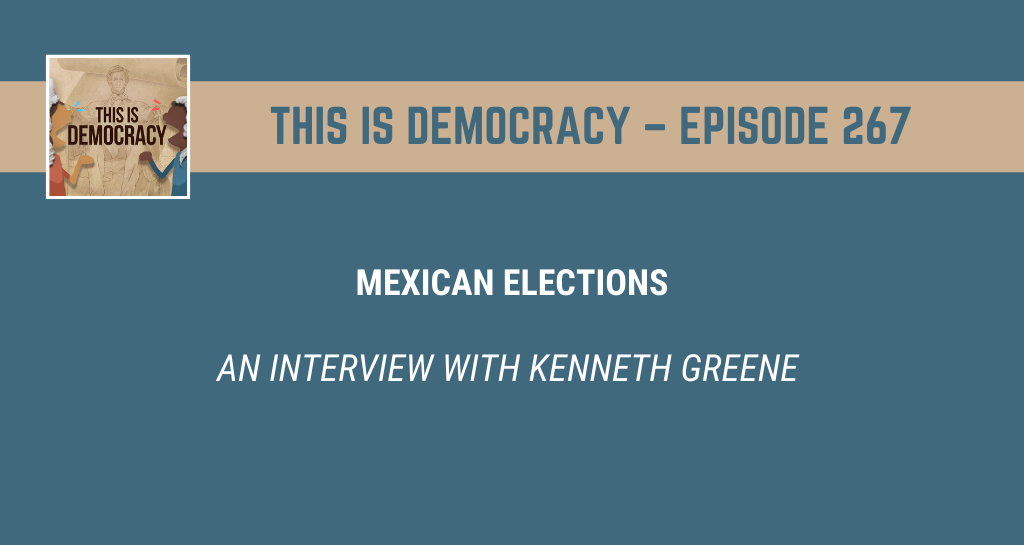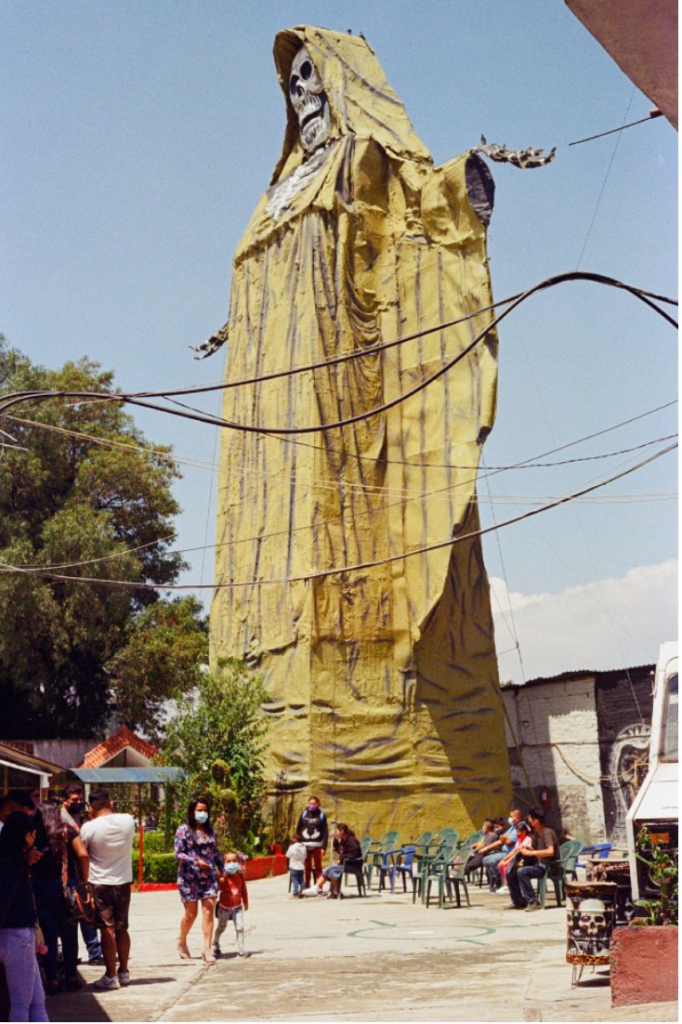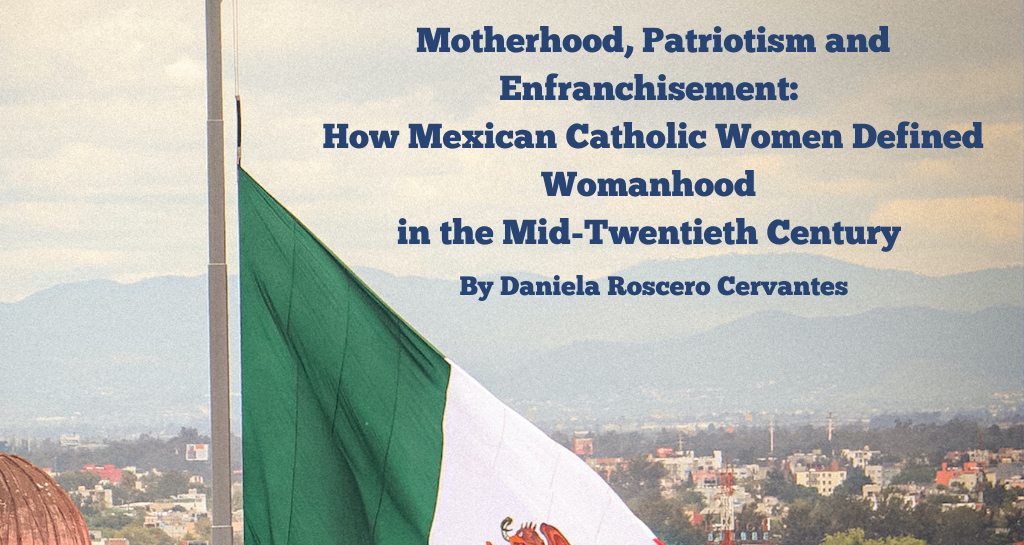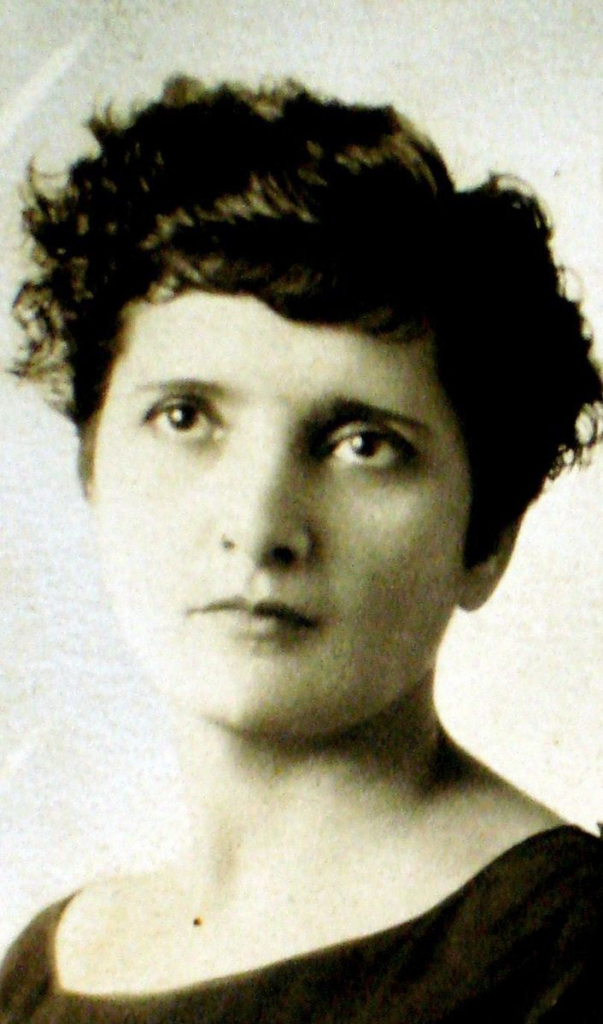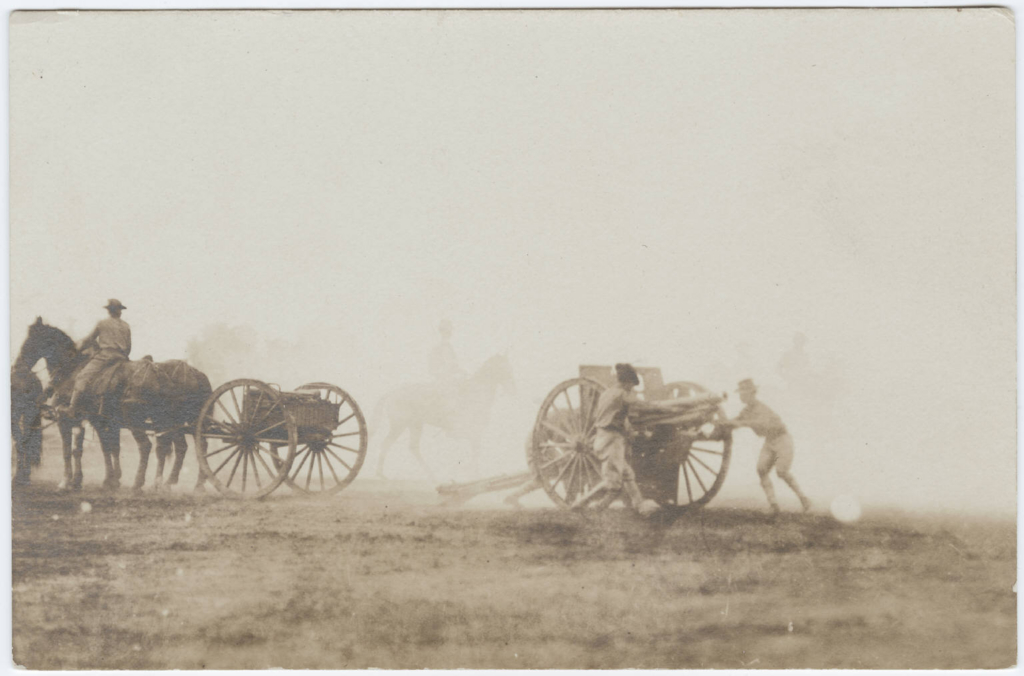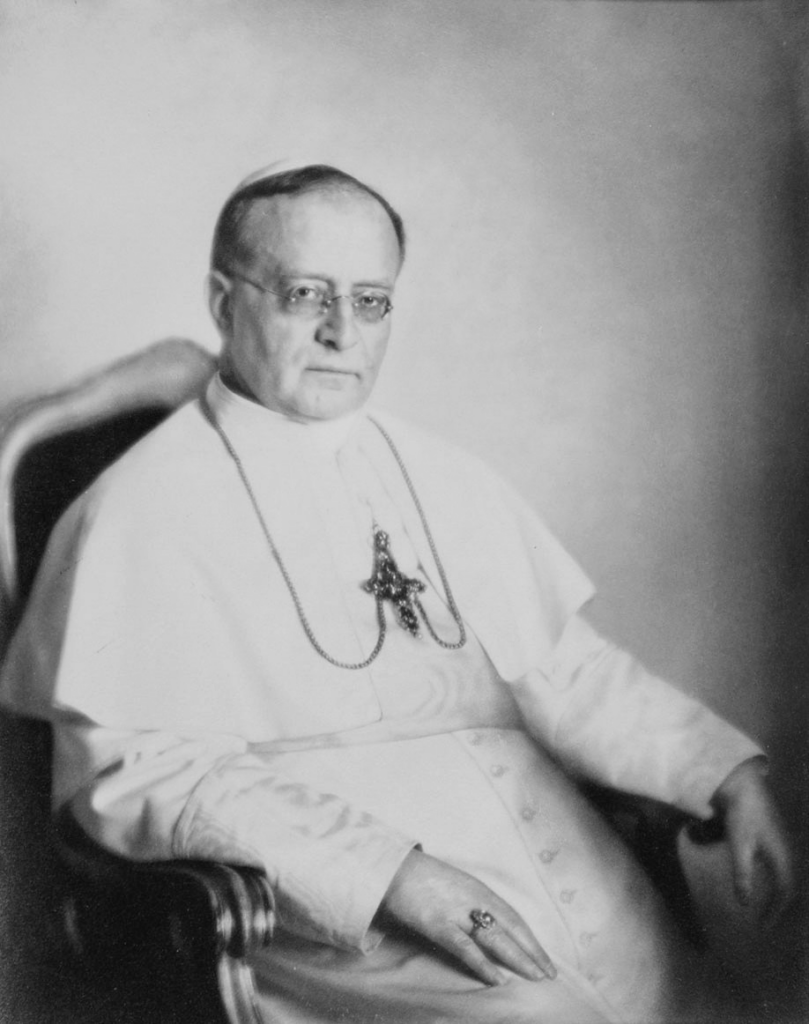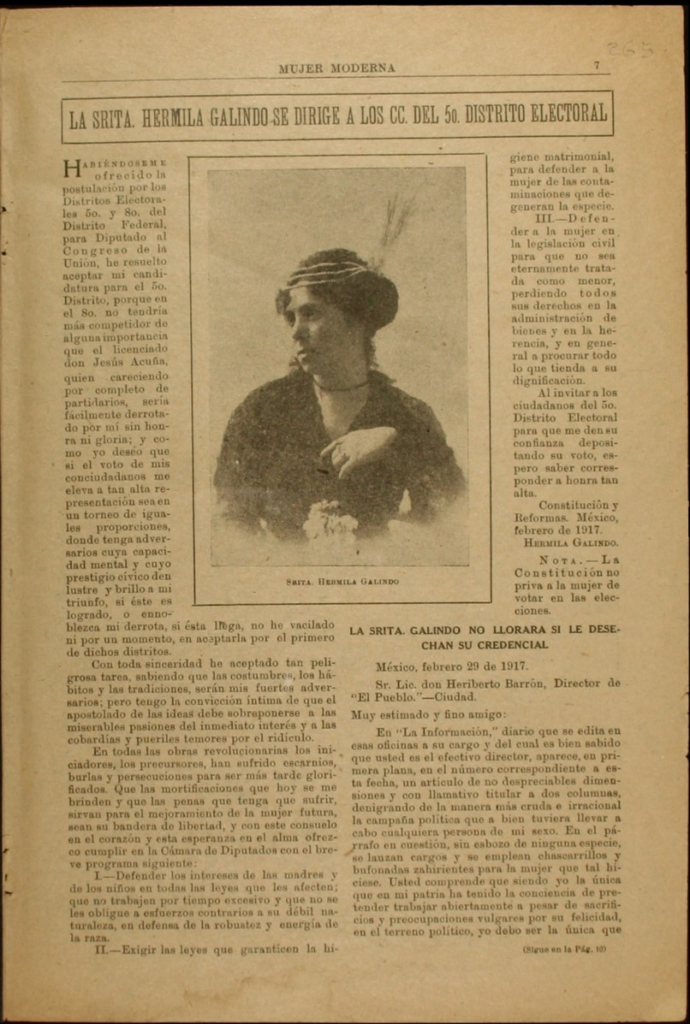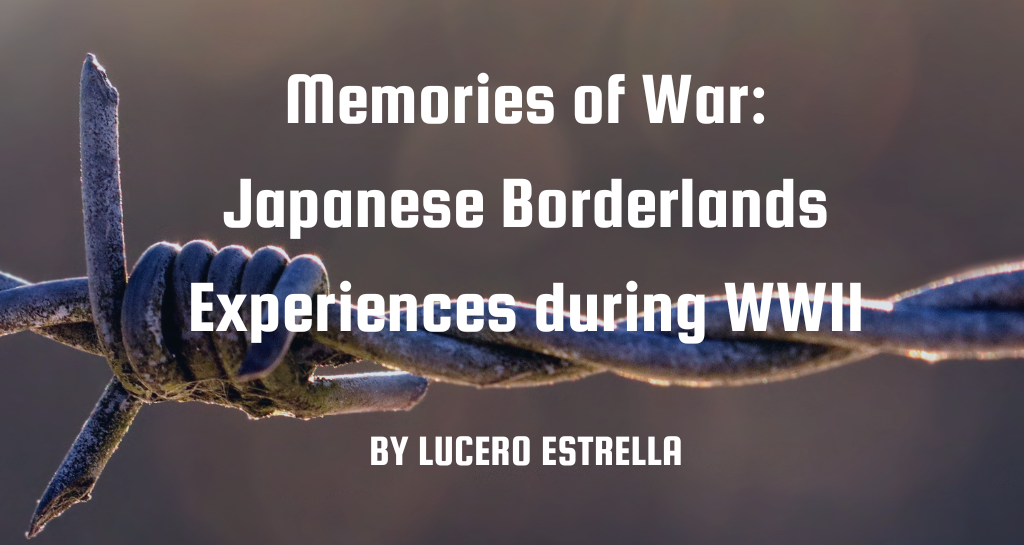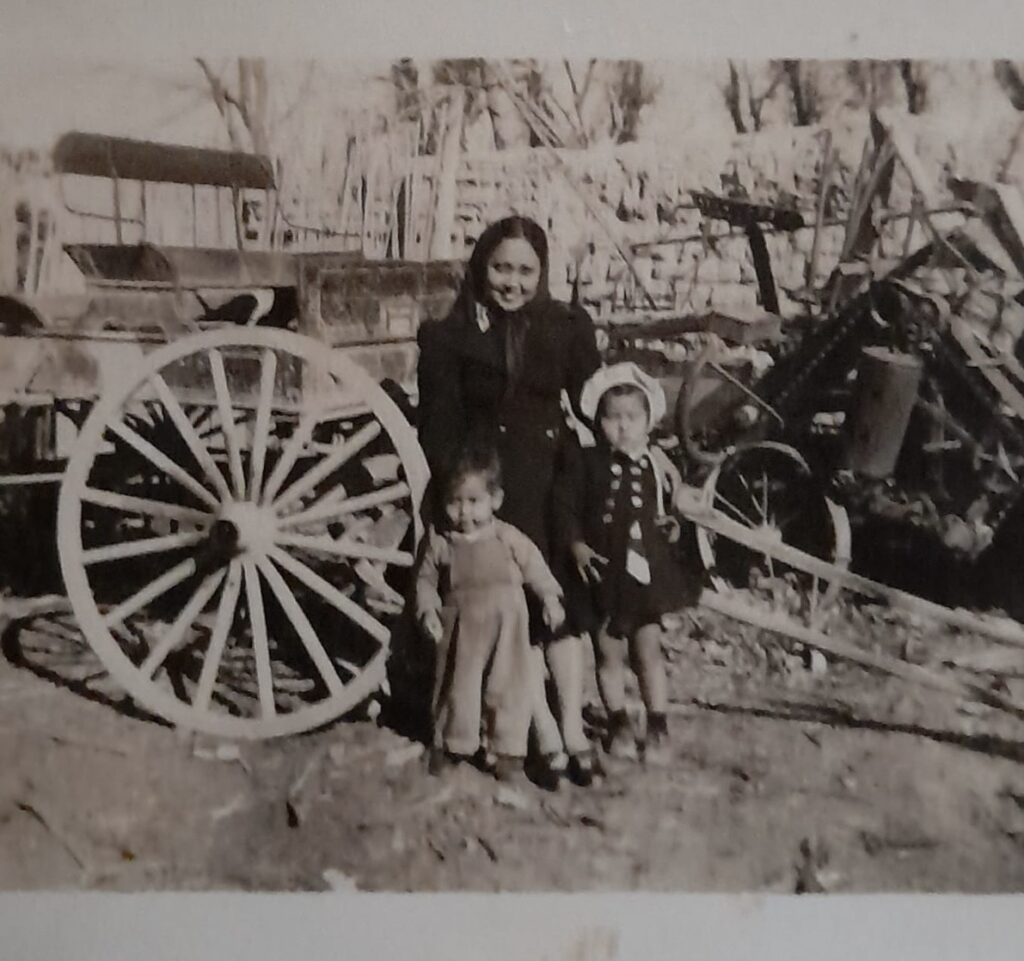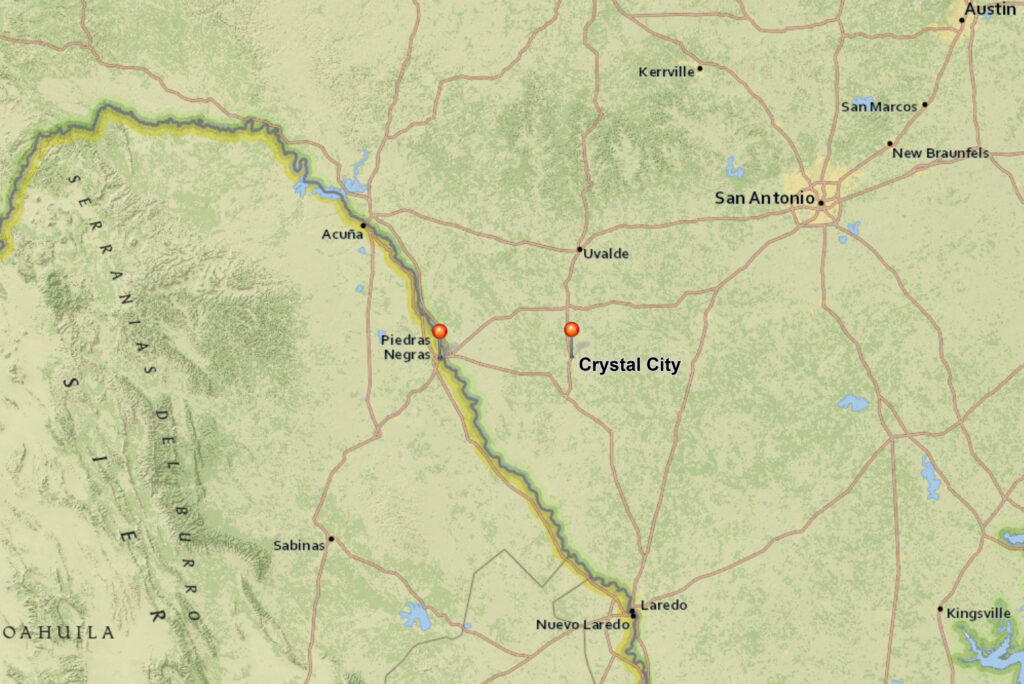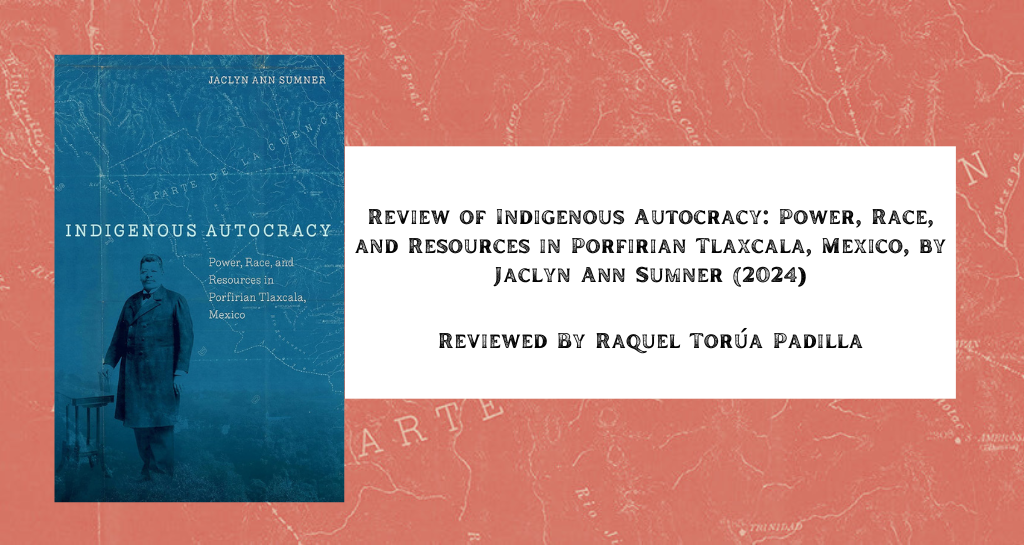
An Indigenous person in a position of power during the Porfiriato, the period from 1876 to 1910 when General Porfirio Díaz ruled Mexico, seems almost unimaginable. But in Indigenous Autocracy: Power, Race, and Resources in Porfirian Tlaxcala, Jaclyn Sumner tells the captivating story of Próspero Cahuantzi, who governed Tlaxcala for nearly 26 years—longer than any other governor of the period. What makes Cahuantzi’s tenure unique is not only his Indigenous heritage, but the ways in which he skillfully leveraged power in a political climate steeped in racial prejudice and anti-Indigenous policies. While Porfirio Díaz’s regime was persecuting and oppressing Indigenous populations elsewhere, including pursuing brutal campaigns like the attempted extermination of the Yaqui, Cahuantzi defied the odds by wielding executive power in Tlaxcala.
Indigenous Autocracy is not a biography. However, Sumner skillfully uses Cahuantzi’s life and career to explore the complex political practices that supported Díaz’s authoritarian regime, addressing themes like race, ethnicity, liberalism, nation-building, authoritarianism, and environmental control in late 19th and early 20th-century Mexico. Through a regional focus on Tlaxcala, Sumner challenges the common portrayal of a monolithic and omnipotent Porfirian government. She illustrates how Díaz’s authority was far from uniform across Mexico and that his policies were more flexible and negotiable at the local level.
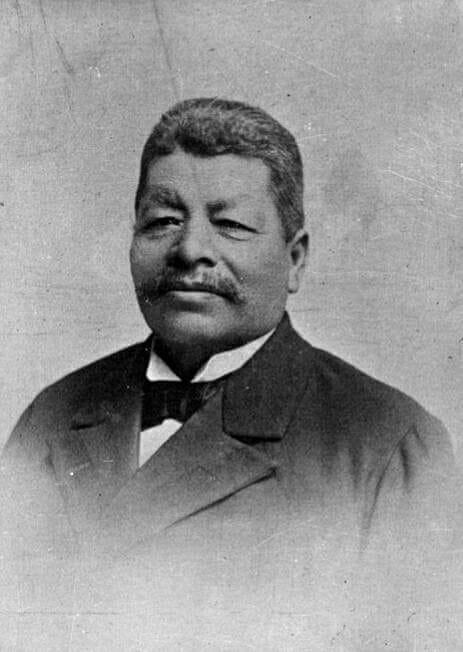
Sumner probes the question of how Cahuantzi maintained his power over such an extended period of time, especially given that some of his policies seemed to conflict with Díaz’s modernization plans. Although his military career and loyalty to Díaz initially solidified his position, it was Cahuantzi’s ability to strategically invoke his Indigenous identity—both personally and on behalf of Tlaxcala—that secured his continued tenure. Cahuantzi came to embody the idealized “civilized Indigenous” figure that the Porfirian regime was willing to support: an individual connected to Mexico’s pre-Hispanic past and yet aligned with the government’s goals of progress, order, and stability. In this way, Sumner argues, Cahuantzi’s carefully crafted image of indigeneity was highly selective, reinforcing anti-Indigenous sentiments against those who did not conform to this model of the “civilized” Indigenous leader. This selective indigeneity was not only politically expedient but also profoundly rhetorical; it was tailored to fit the expectations of an assimilationist state rather than reflecting a deep commitment to Indigenous practices or worldviews.
While Sumner presents Cahuantzi as a compelling figure through which to examine Porfirian policies at the local level, there are moments when she may ascribe too much influence to him. A more detailed exploration of Tlaxcala’s local government structures would have strengthened the analysis by illustrating how other officials or advisors within Cahuantzi’s administration may have influenced governance. Additionally, since indigeneity is a core theme of the book, an expanded investigation into the worldview of Tlaxcala’s Indigenous groups—including the Nahuas and Otomíes—and their usos y costumbres (customs and traditions) would have enriched our understanding of how Cahuantzi’s identity intersected with local Indigenous cultures. Sumner suggests that Cahuantzi’s knowledge of local relationships, resources, and traditions allowed him to implement policies that maintained social stability and content. But a deeper analysis of his Indigenous heritage could have illuminated how it informed his political decisions. Such an absence suggests that Cahuantzi’s indigeneity functioned more as a symbolic or rhetorical construct to advance his career, rather than a driving force behind his governance.
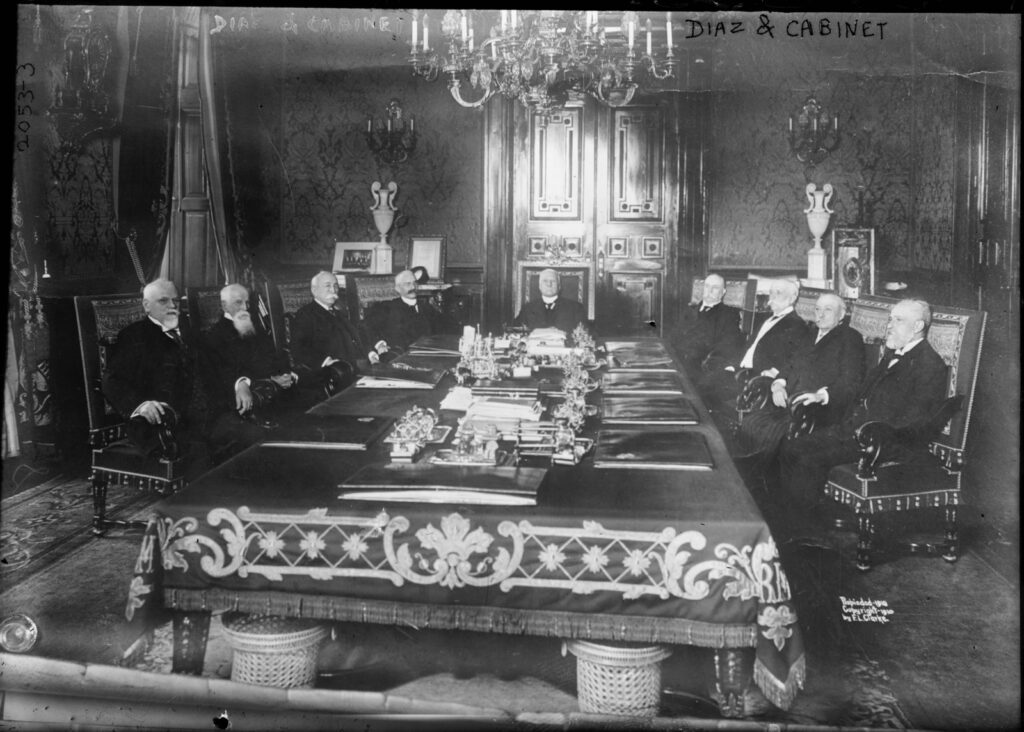
Sumner argues as well that Díaz tolerated Cahuantzi’s leadership in Tlaxcala partly because the state’s modest size and economy posed little threat to the Porfirian modernization project. However, she later notes that in 1910, “Tlaxcala’s contribution was among the most comprehensive, even as compared to larger states” (p. 130). This increase in revenue, attributed in part to Cahuantzi’s efforts, hints at latent economic potential within Tlaxcala that perhaps went underestimated by Díaz’s central administration. Sumner leaves us to consider why Díaz, despite the era’s prevailing Social Darwinist and positivist ideologies, allowed a high-profile Indigenous governor like Cahuantzi to remain in power. This question deepens our understanding of the regime’s racial and social policies, revealing complexities often overlooked.
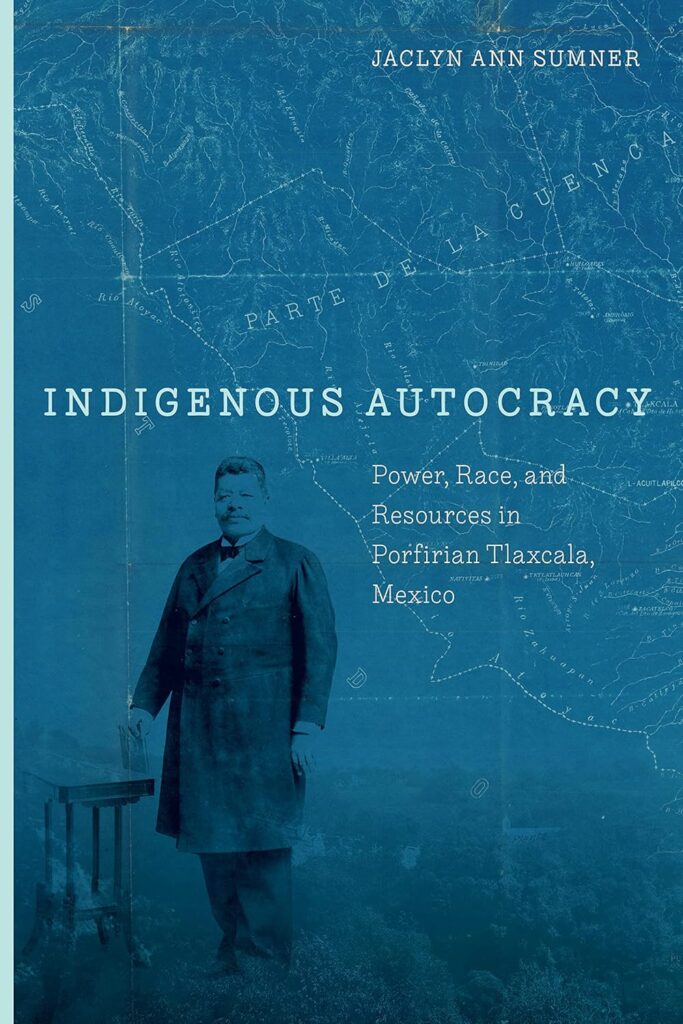
I cannot emphasize enough what a pleasure it was to read Jaclyn Sumner first monograph. This work is both meticulously researched and artfully written, offering a narrative that is both intellectually rich and eminently accessible. Its thoughtful organization and clear language make it immensely rewarding for scholars but also accessible to readers beyond the academic sphere. Overall, it succeeds in its aims and makes a substantial contribution to the historiography of Mexico, Tlaxcala, and the Porfiriato, as well as scholarship on indigeneity, race, and authoritarianism in Latin America. It sheds valuable light on the complexities of Indigenous identity and political power within Mexico’s modernization project.
Raquel Torua Padilla is a doctoral candidate in the Department of History at the University of Texas at Austin. She holds a B.A. in History from the Universidad de Sonora and is currently a CONTEX Fellow. Her research focuses on the history of Indigenous peoples in the Northwest of Mexico and the U.S. Southwest, with a particular emphasis on the Yaqui people. Her current projects examine Yaqui militias and their diaspora during the 19th and 20th centuries.
The views and opinions expressed in this article or video are those of the individual author(s) or presenter(s) and do not necessarily reflect the policy or views of the editors at Not Even Past, the UT Department of History, the University of Texas at Austin, or the UT System Board of Regents. Not Even Past is an online public history magazine rather than a peer-reviewed academic journal. While we make efforts to ensure that factual information in articles was obtained from reliable sources, Not Even Past is not responsible for any errors or omissions.


